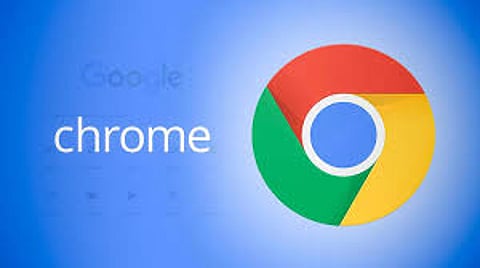

Google has won a major relief in the United States. A federal judge ruled on Tuesday that the company will not be forced to sell its Chrome browser, the most widely used internet browser in the world, including in India.
The ruling comes from Judge Amit Mehta, who last year found Google guilty of running a monopoly in online search. In Tuesday’s order, Mehta said Google cannot sign exclusive deals with device makers—such as Apple or Samsung—to keep its search engine as the default option. The judge also ordered Google to share some of its search data with competitors, making it easier for smaller players to grow.
Chrome is the entry point to the internet for billions, including most Indian smartphone users. Control over the browser means control over which search engine and ads people see first.
US federal prosecutors had demanded much tougher action: they wanted Google to sell off Chrome entirely and stay out of the browser market for five years. They argued that the company’s contracts with device makers locked users into its search engine, giving it an estimated 90% share of the American market.
Mehta rejected this, calling the demand “overreach”. In his 230-page judgment, he said breaking up Chrome would cause more disruption than benefit.
India’s Competition Commission has also fined Google for similar practices, such as forcing smartphone makers to pre-install its apps. The US ruling will be closely watched in India, where regulators are under pressure to check Big Tech’s dominance.
The court has now barred Google from:
Exclusive contracts covering Chrome, Google Assistant and its AI-based Gemini app
Using deals with device makers to block rival search engines
But Google can still pay partners to promote its services. The judge said a full ban on payments could hurt competition by leaving smaller device makers without revenue support.
Investors welcomed the decision. Google’s shares rose in after-hours trading, showing relief that the company avoided a forced sale of Chrome.
Consumer advocacy groups were unimpressed. The American Economic Liberties Project said the ruling was a “complete failure”. Executive director Nidhi Hegde remarked: “You don’t find someone guilty of robbing a bank and then sentence him to writing a thank-you note for the loot.”
The trial, which began in 2023, was the most significant antitrust case in the US in decades. It is being compared to earlier battles against Microsoft in the 1990s, when regulators accused it of unfairly bundling its Internet Explorer browser.
Judge Mehta said his remedies also take into account the rise of AI-driven search engines and chatbots. “These proceedings have been as much about promoting competition among general search engines as ensuring that Google’s dominance does not carry over into the GenAI space,” he wrote.
As Google builds AI-powered search and assistants in India too, the US ruling could influence how regulators in New Delhi approach Big Tech dominance in the AI era.
Google also faces another case later this year, this time over its advertising technology monopoly—a business that funds much of the company’s operations worldwide.